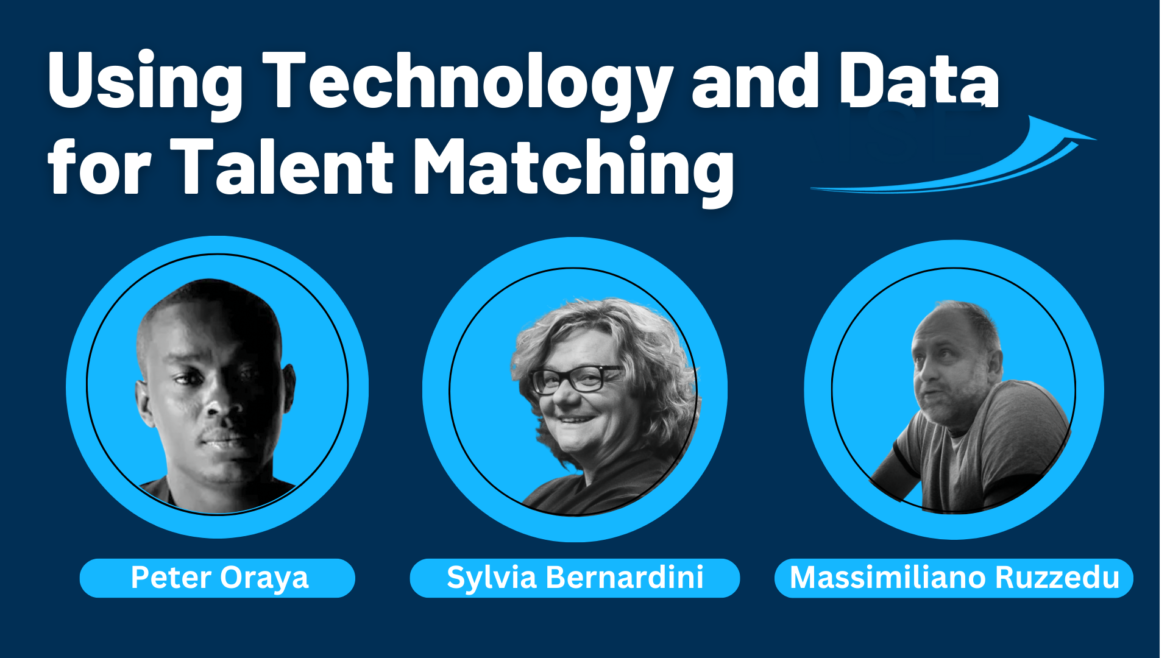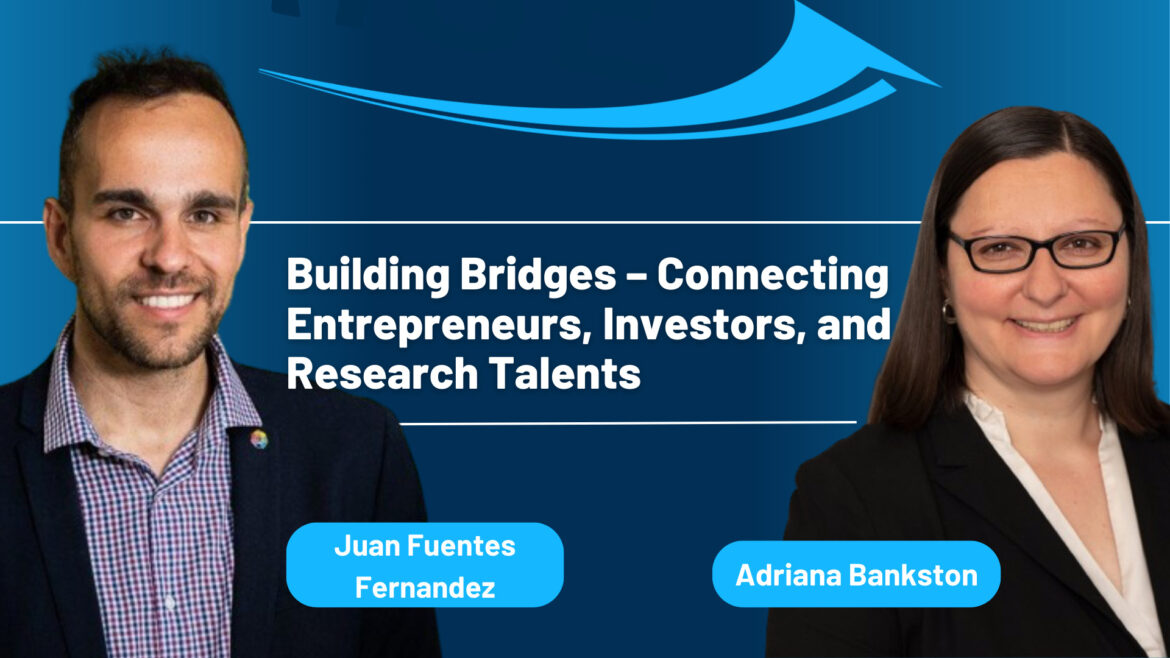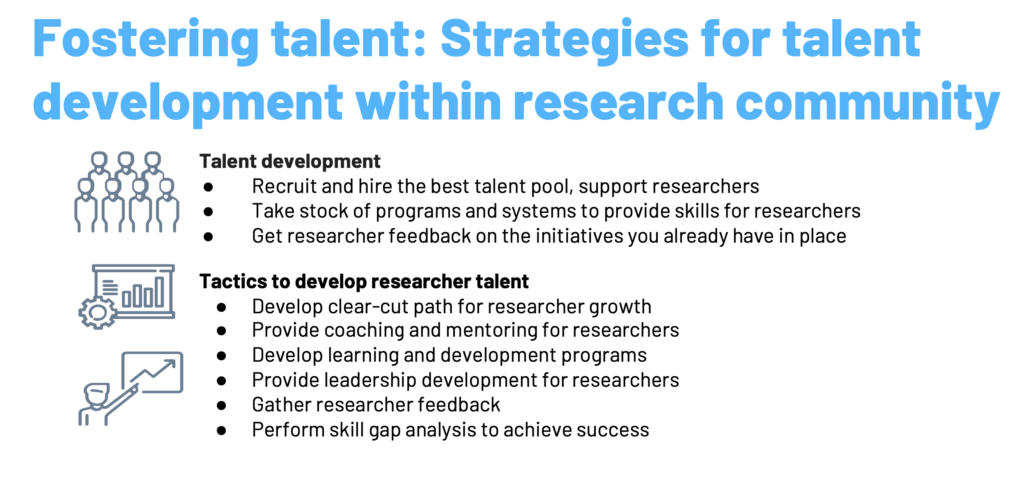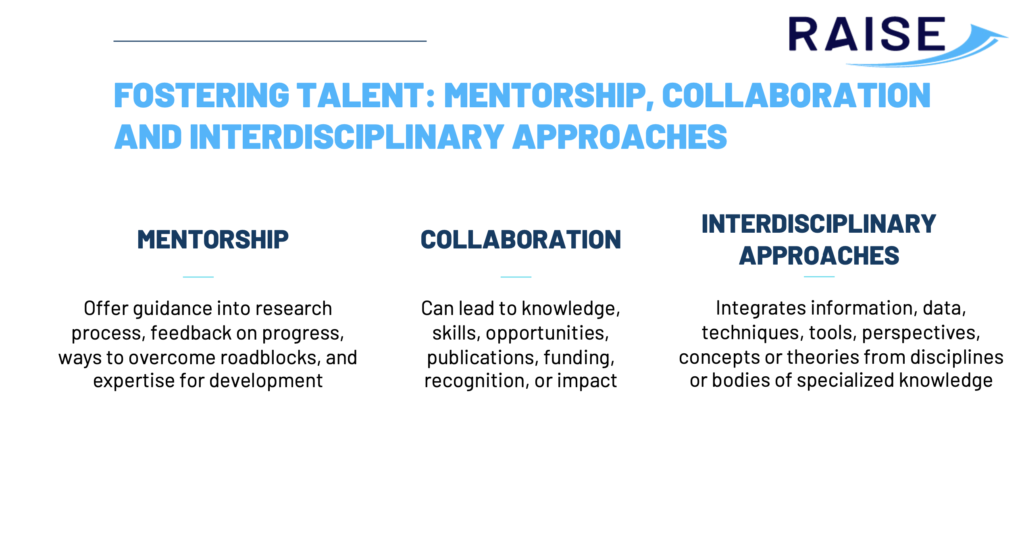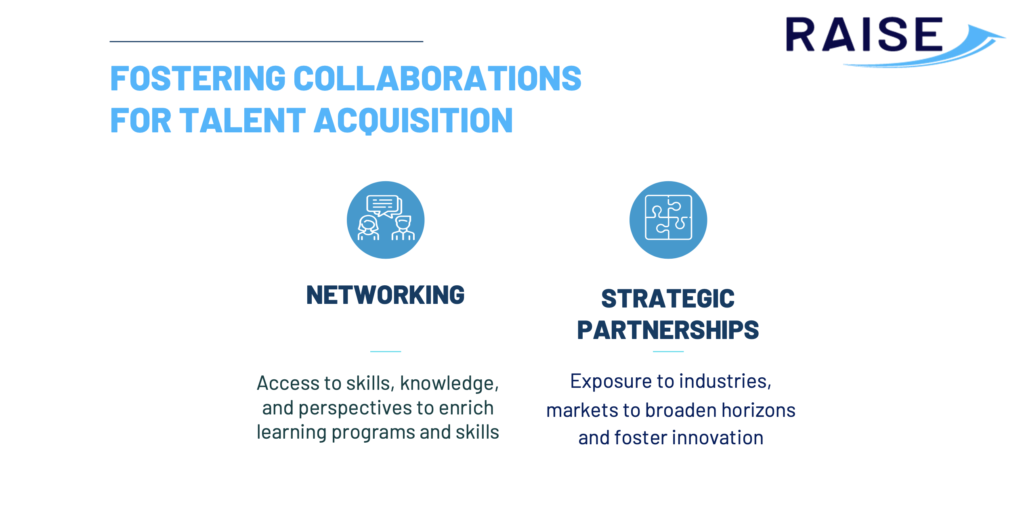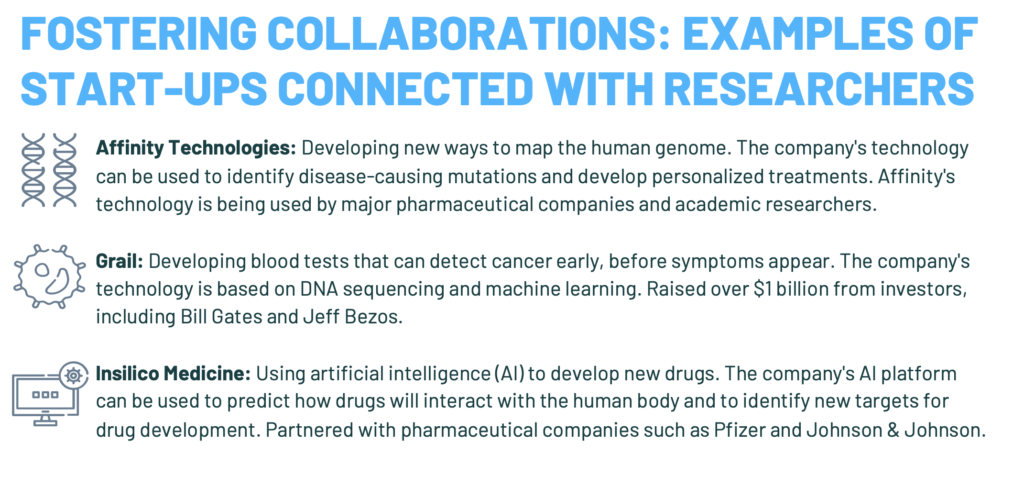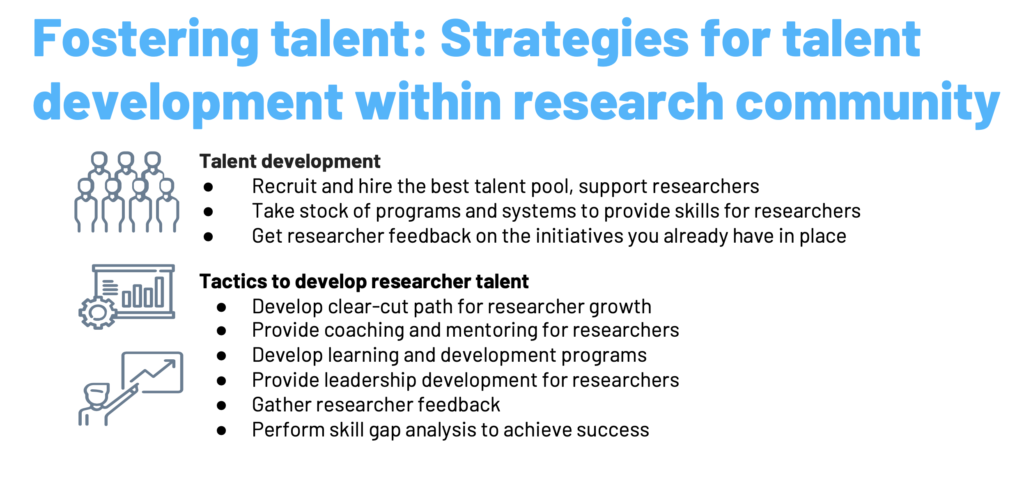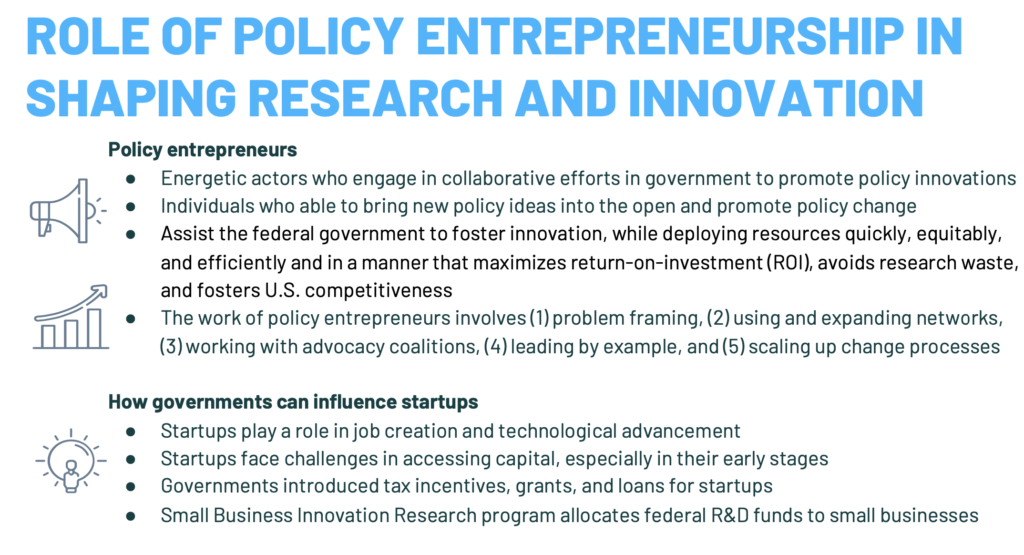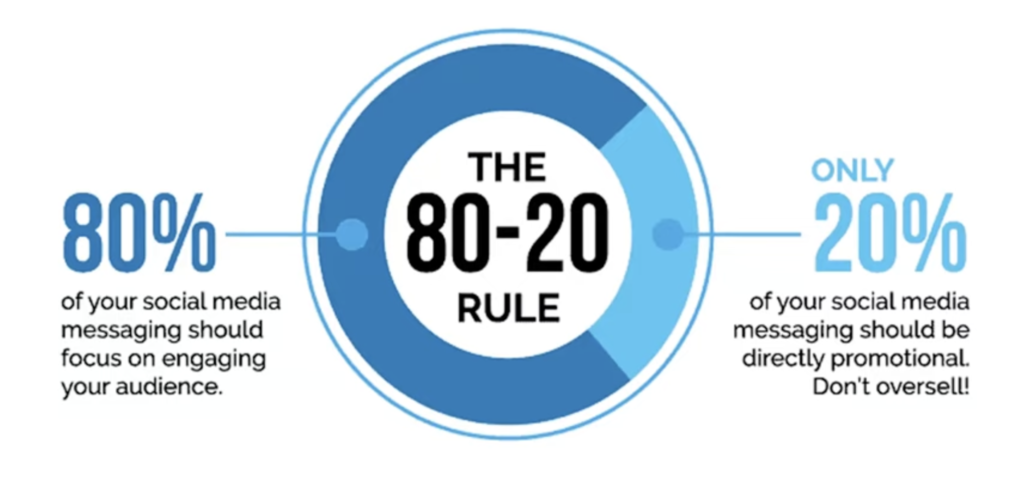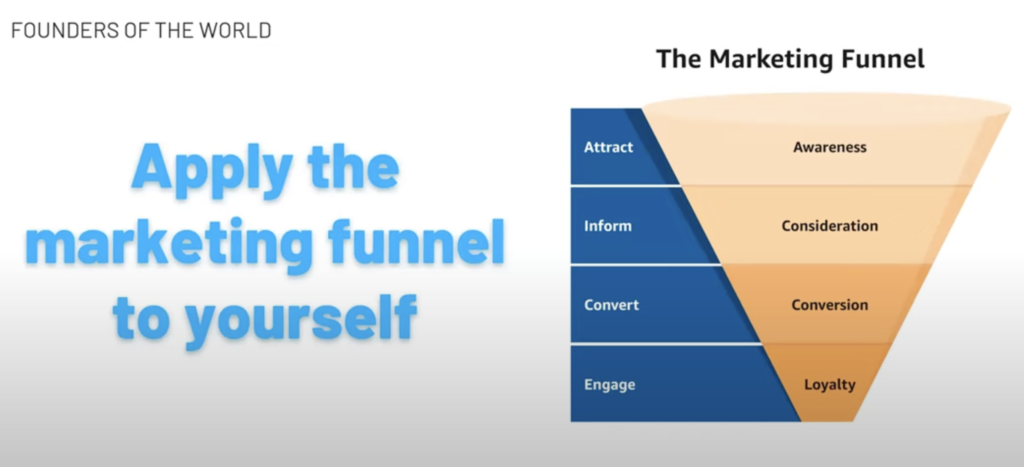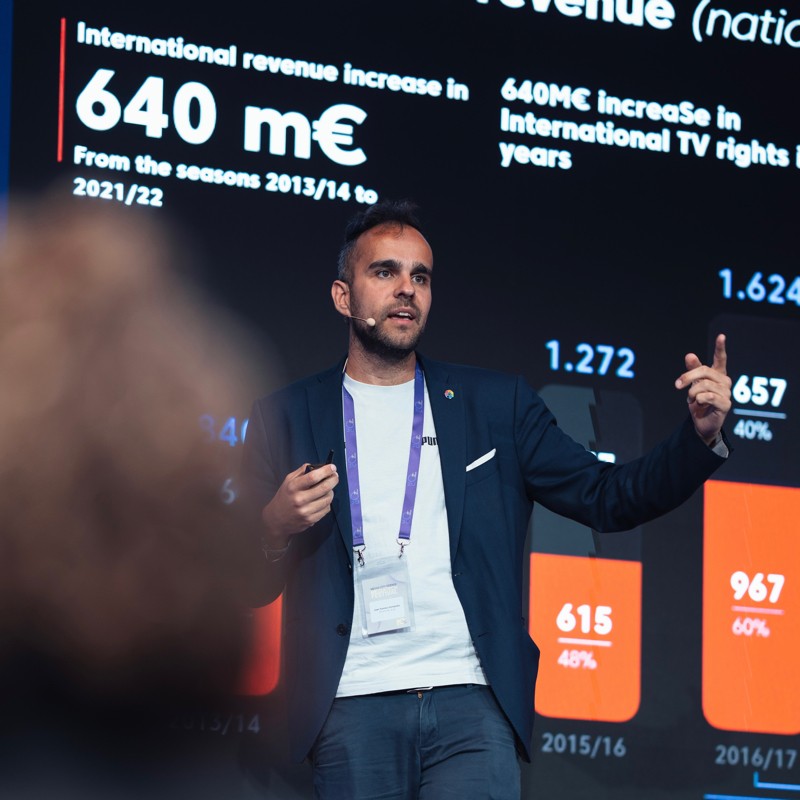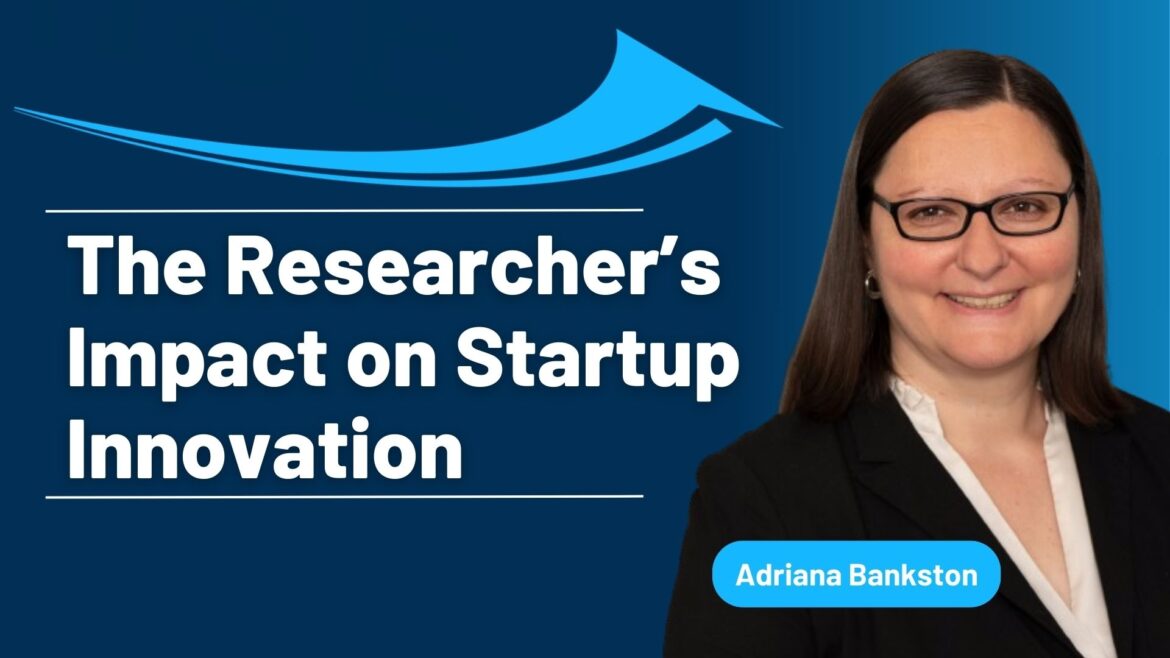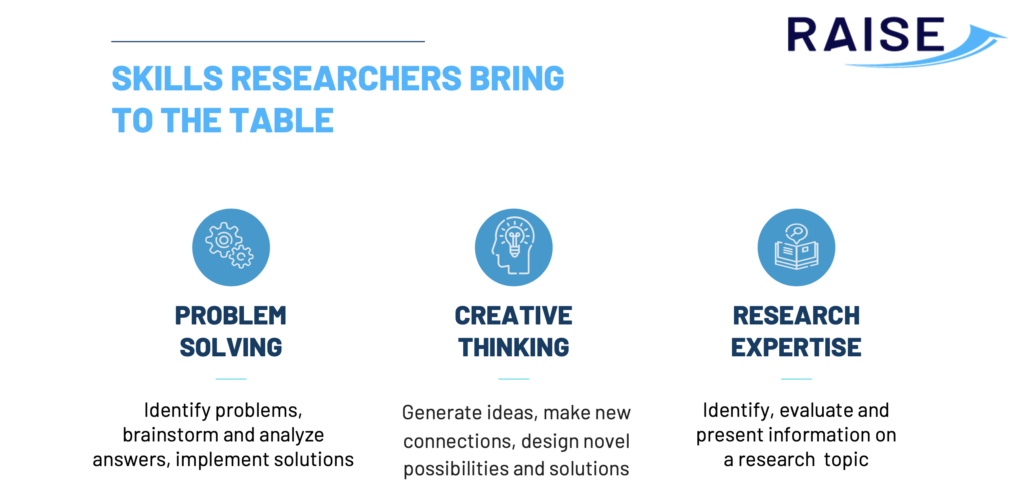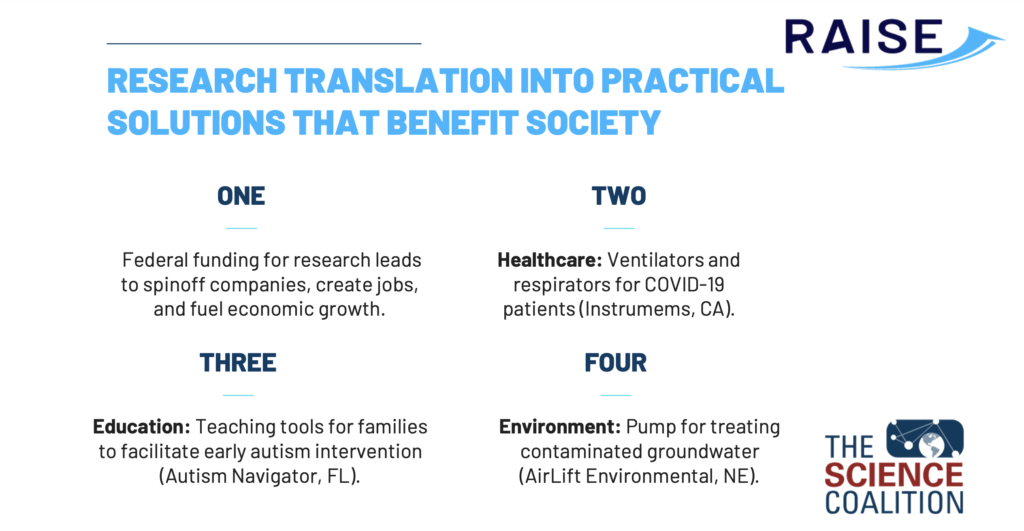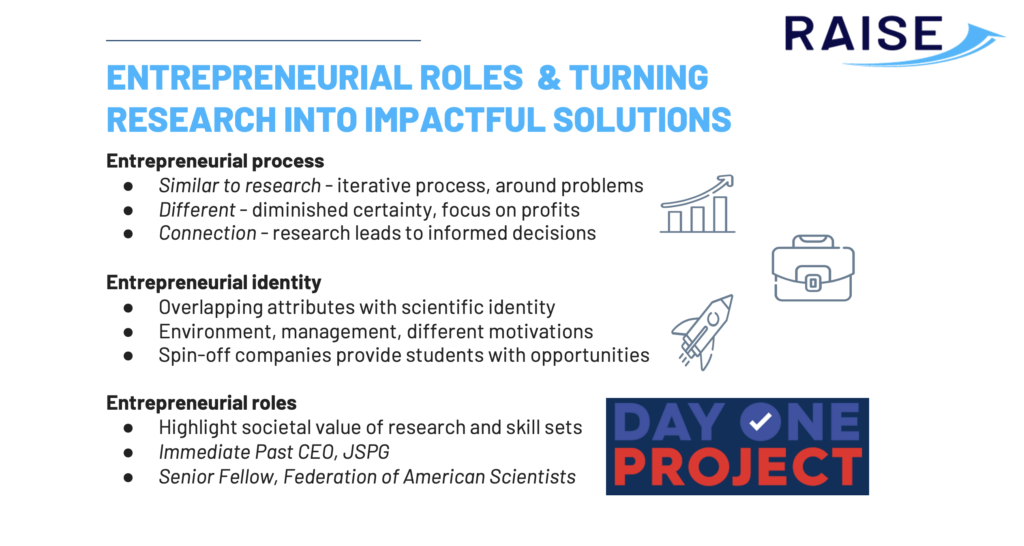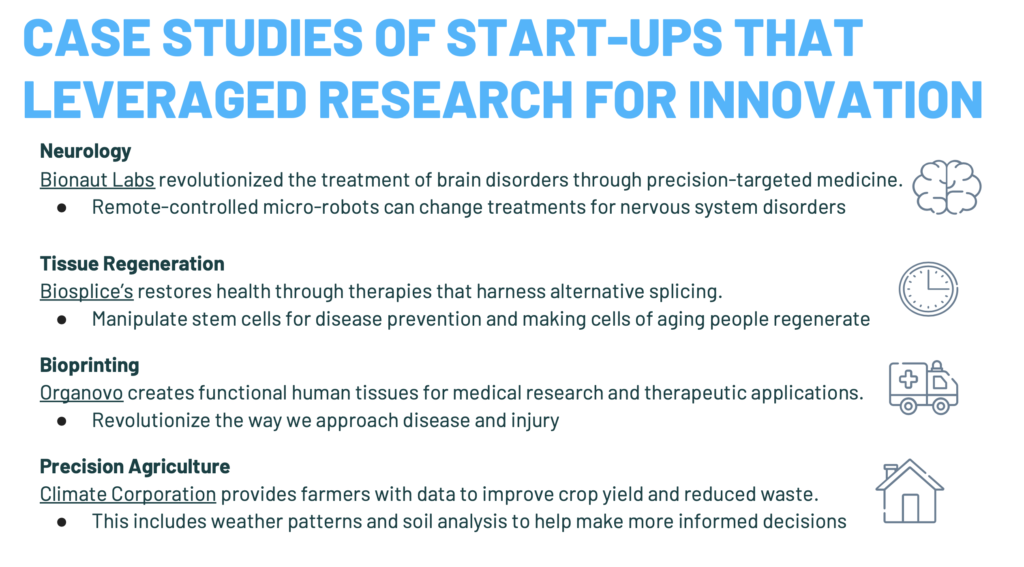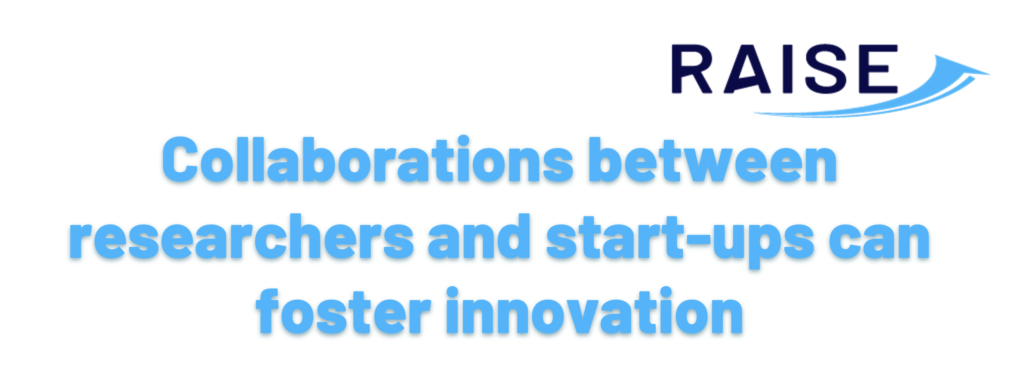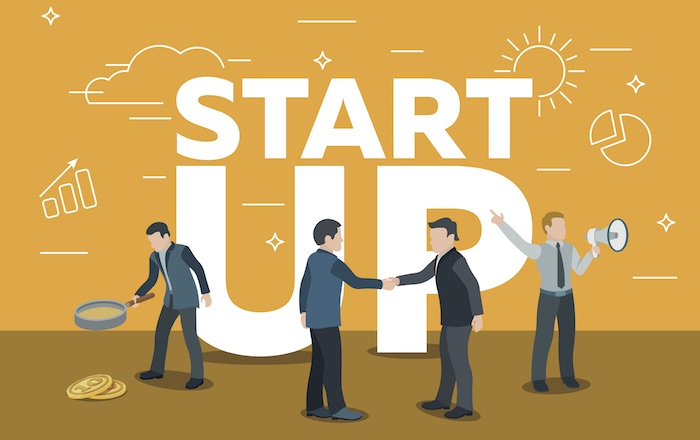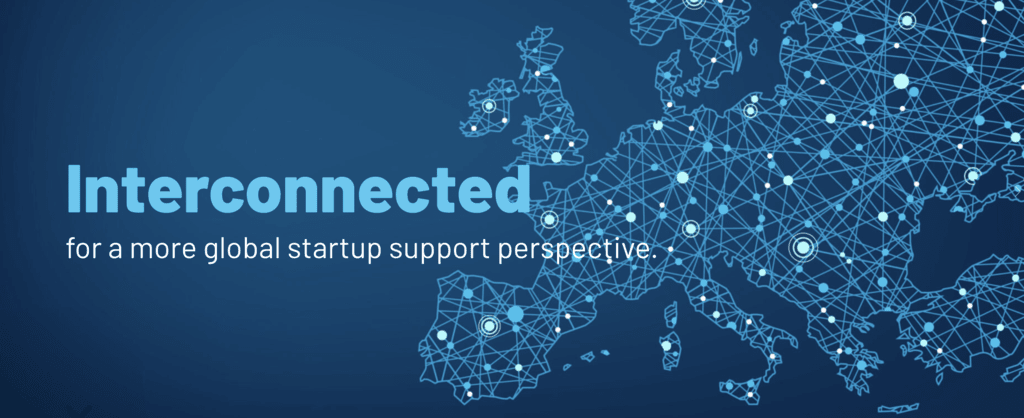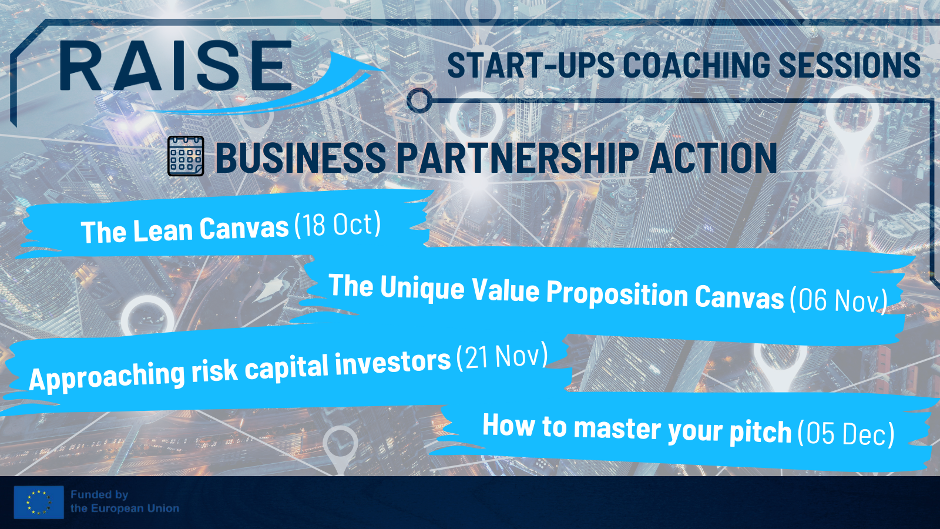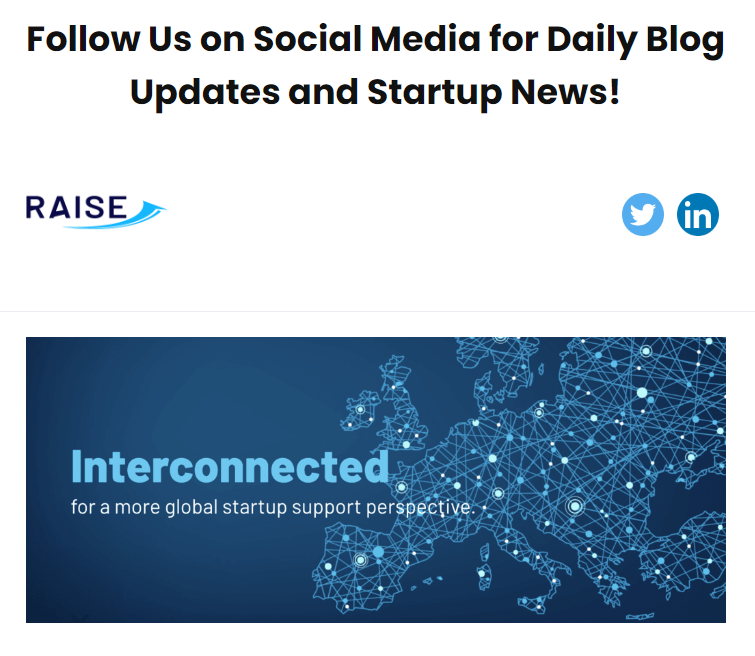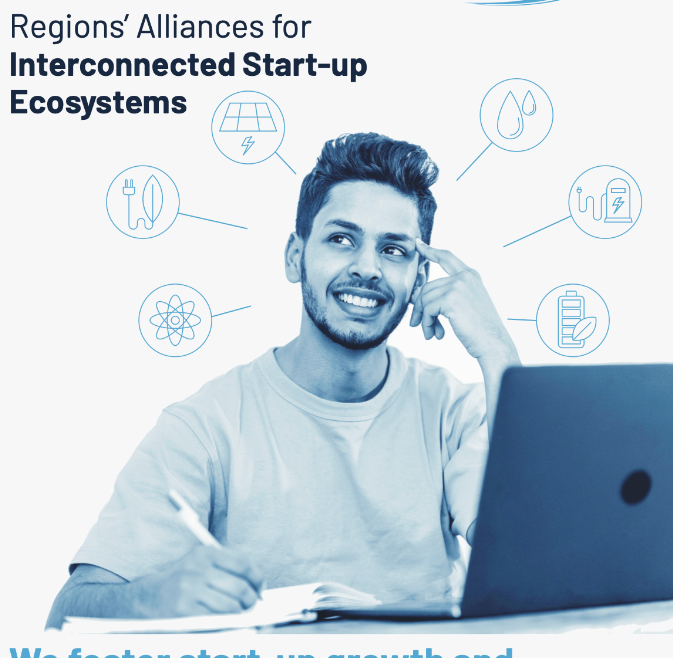Using Technology and Data for Talent Matching
Using Technology and Data for Talent Matching https://theraise.eu/wp-content/uploads/2023/11/FinalImage-1024x576.png 1024 576 RAISE fosters startup growth and scale-up within and across Europe https://theraise.eu/wp-content/uploads/2023/11/FinalImage-1024x576.pngIn an event called “Leveraging Research(ers) for Startup Success,” experts gathered to talk about how technology is changing the game for startups. Organised by the RAISE team and led by the International Consortium of Research Staff Associations (ICoRSA), this event explored how tech is driving innovation, helping in the real world, and supporting talent in the startup world. One standout session, held on November 16, 2023, was all about “Using Technology and Data for Talent Matching,” featuring insights from Peter Oraya of Oxford Aptitude Limited.
Main Parts of the 4th Session
- Reshaping How We Find Jobs: Data Science and Tech Make Job Hunting Easier:This part showed us how using data and technology is making it much easier for people to find jobs, especially in a very competitive job market.
- Big Changes in Farming and Manufacturing: Using Data to Get Specialized Skills: The session explained how using data is making a big difference in farming and making things. It’s helping people get really good at specific skills, making farming and manufacturing more efficient and creative.
- Schools Are Changing: Tech is Helping Match Students with the Right Jobs: The event discussed how technology is changing schools. It’s helping match students with the right jobs by using data science. This means students can find jobs that fit their skills better.
- Sports and Entertainment: Finding Talent in a New Way with Data and Tech: The session looked at how data and technology are changing the way we find talented people in sports and entertainment. This is making it easier to identify and recruit people with special skills in these exciting fields.
- Always Learning: How Tech Keeps Us Growing in Our Jobs with Kimodata: The last part highlighted how technology, especially tools like Kimodata, is helping us keep learning in our jobs. This means we can always grow and adapt to new things, making us better professionals.
Introduction to Online Market Research and Talent Matching in Education and Work
In the initial segment of the discussion, provided a comprehensive introduction to the pivotal topics of online market research and talent matching within the realms of education and work.
Overview of the Pandemic Landscape
The pandemic had necessitated a reevaluation of conventional models, especially in education and work. The disruption caused by lockdowns and social distancing measures prompted a spike in the adoption of remote work and online learning. As one speaker articulated, “the pandemic has forced us to rethink how we approach education and employment.”
Unique Challenges and Opportunities
While the pandemic posed challenges, such as the abrupt shift to virtual modes, it also presented unique opportunities. The discussion framed online market research and talent matching as responses to the evolving needs of individuals and organisations in this altered landscape. The term “talent matching” encapsulated the idea of aligning skills with opportunities in the digital domain.
The Role of Remote Work in the Pandemic Era
A significant emphasis was placed on the role of remote work during the pandemic. It was underlined that remote work was not just a necessity during the health crisis but had evolved into a viable strategy for maintaining productivity and safety simultaneously. The idea resonated strongly in phrases like “working online is a good way to keep working and keep safe at the same time.”
Exploring Feasibility and Effectiveness
There was an exploration into the feasibility and effectiveness of remote work and online education. It was presented as an experiment to discern not only the immediate adaptability during the pandemic but also the potential long-term implications. The overarching question became whether these approaches were not just temporary solutions but integral components of the future of education and work.
Experiments in Talent Matching: Collaborations Between Students and Employers
The conversation was about practical experiments conducted in the field of talent matching, specifically focusing on collaborations between students and employers. These experiments were aimed at bridging the gap between academia and the professional world, exploring the potential of remote work in fostering meaningful connections.
Student-Employer Collaborations: The primary focus was on real-world applications, where students engaged remotely with employers and entrepreneurs. The objective was to identify the skills possessed by students and match them with the needs of the employers. It was outlined that this collaboration aimed not only to provide valuable work experience but also to gauge the effectiveness of remote work in producing tangible outcomes.
Case Study: The collaboration involved students actively working with Sylvia, contributing to projects remotely. The positive outcome was highlighted, with some students not only delivering impressive results but also securing paid positions with speaker Sylvia’s enterprise after graduation. This case study illustrated the practical viability of remote collaboration between students and employers.
Expanding the Experiment: The success of the initial experiments led to expansion of these collaborations. There was interest in inviting more entrepreneurs and organisations to participate, emphasising the mutual benefits for both students and employers. The term “contamination lab” was introduced, signifying the experimental nature of these collaborations and the diverse stakeholders involved.
Hybrid Work Model: One notable point was the recognition of the hybrid work model’s efficiency. Sylvia advocated for a balance between remote work and in-person collaboration, acknowledging the benefits of online work in terms of time efficiency and environmental sustainability. The emphasis was on achieving a “gray” hybrid effect that combined the strengths of both remote and in-person work.
Digitalised Systems in Education: The Intersection of Technology and Learning
Sky Walker’s Digitalised System
A prominent example discussed during this segment was Sky Walker, introduced as a startup in 2017 with a vision to create a digitalized system for managing education. The emphasis was on recognizing education’s dual nature, encompassing both content delivery and administrative processes. Sky Walker’s digitalized system aimed to streamline these aspects, bringing automation and efficiency into the educational domain.
Human-Centered Approach
A human-centered approach to technology was mentioned, emphasising that while technology serves as an instrument, humanity remains the driving force. The role of technology was framed as a tool to enhance human capabilities rather than replace them. This philosophy guided Sky Walker’s initiatives, aligning technology with human needs and perspectives.
Virtual Office and Remote Work
The discussion extended to practical applications, with the mention of Sky Walker’s virtual office. The virtual office served as a platform for remote collaboration, overcoming geographical barriers for students located in different towns. The success of the virtual office and remote work initiatives indicated the feasibility of conducting educational activities without physical presence.
AI in Education
A forward-looking aspect introduced was the incorporation of AI in education. A project called “AI Teach” was designed not to replace teachers but to support students. The AI was portrayed as a tool that stimulates critical thinking and facilitates learning without substituting human interaction. The emphasis was on using AI to assist in guiding students rather than providing ready-made solutions.
Balancing Life and Work
The digitalized systems were presented as a means to strike a balance between personal life and work. The virtual office allowed students to engage in smart activities remotely, reducing costs and environmental impact. The discussion touched upon the broader concept of work expectations during remote arrangements, addressing concerns about remote work being perceived as a vacation or creating challenges for those with limited resources.
The Role of Hybrid Work in Efficient Collaboration
They underlined the success of hybrid work models during the discussion. They pointed out that combining remote work with occasional in-person interactions not only saved time and resources but also contributed significantly to social and environmental sustainability. Real-world examples and practical experiences were cited to illustrate how this approach allowed for seamless collaboration without sacrificing crucial physical relationships.
Balancing Technology and In-Person Relationship
The overarching theme emphasised finding a harmonious balance between technology-driven collaboration and maintaining essential physical relationships. While acknowledging the efficiency of remote work, highlighted the irreplaceable value of face-to-face interactions, particularly in certain aspects of collaboration.
AI in Education: Data-Driven Talent Matching for Personalised Learning Paths
AI as a Supportive Tool
The core proposition revolved around AI serving as a supportive tool in education. During the presentation, the concept of “AI Teach,” was introduced, emphasizing that AI’s role was not to replace teachers but to assist students in their learning journeys. AI was positioned as a guide, providing guidance and posing questions to encourage students to actively explore and apply solutions.
Preserving Critical Thinking Skills
A crucial aspect discussed was the preservation of critical thinking skills. The speakers emphasized that AI should not provide ready-made solutions but rather stimulate students to think critically and explore different avenues. The goal was to maintain a balance, leveraging AI’s capabilities to enhance learning without diminishing the importance of human intellect.
Innovation in Education: A Case Study by Peter Oraya
Technology as a Bridge in Education: Peter Oraya shared a compelling example of how technology serves as a bridge in education, connecting learners globally. The case study highlighted instances where students, regardless of their geographical locations, could access educational resources and collaborate seamlessly. This exemplifies the transformative power of technology in breaking down traditional barriers to education.
The Impact of Virtual Learning Environments: A concrete example provided by Mr. Oraya centered around the impact of virtual learning environments. He detailed how these environments, enabled by technology, create opportunities for students to engage in collaborative learning despite being physically distant. The example showcased the effectiveness of virtual platforms in fostering interactive and dynamic educational experiences.
AI’s Role in Personalised Learning: The case study delved into the role of Artificial Intelligence (AI) in personalised learning paths. Mr. Oraya illustrated how AI can analyze individual learning patterns and tailor educational content accordingly. This concrete example emphasised the adaptability and customisation that AI brings to education, ensuring that each student receives targeted support based on their unique need.
Global Connectivity and Collaboration: One of the highlights from Peter Oraya’s story was the emphasis on global connectivity. He shared instances where students from diverse backgrounds could collaborate on projects and share perspectives. This example showcased how technology facilitates a globalised approach to education, enriching the learning experience through varied cultural inputs.
Challenges of Traditional Educational Models: Mr. Oraya provided a tangible example of the challenges associated with traditional educational models, particularly in the context of widespread access. The case study emphasised how traditional approaches limit accessibility, whereas technology-driven innovations can bridge gaps and provide education to a broader audience.
Technology as an Equalizer: A key takeaway from Mr. Oraya’s story was the notion of technology as an equalizer in education. The concrete examples underscored how technology levels the playing field, offering opportunities for learning and collaboration to individuals who might face geographical or resource-related constraints.
About the Speakers
Silvia Bernardini
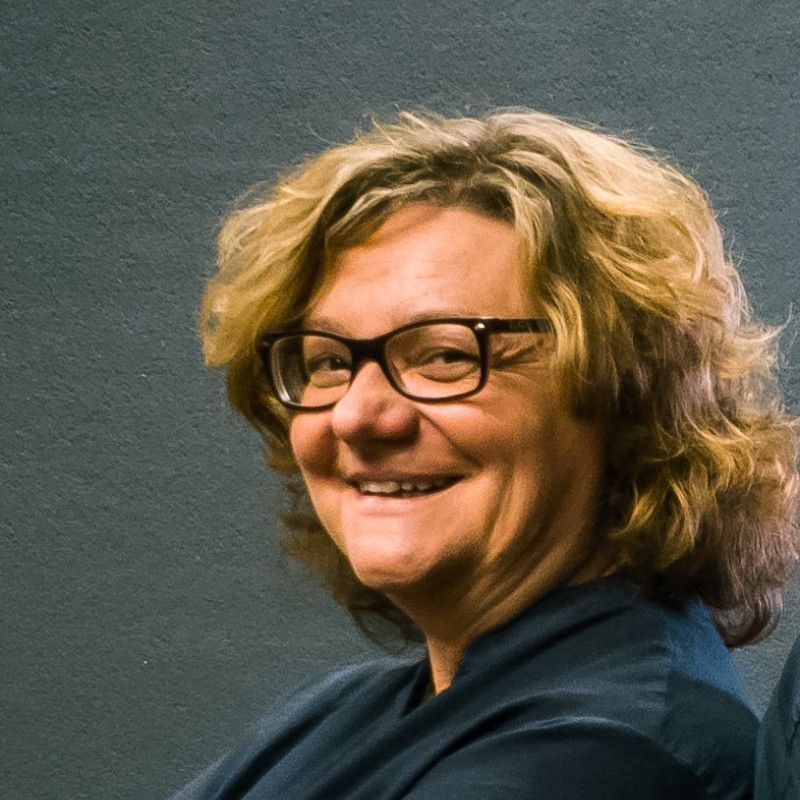
Sylvia Bernardini is an Innovation Project Specialist known for her proficiency in developing complex projects across various domains. From associative initiatives to social and business projects, Sylvia collaborates within synergistic networks, emphasising shared values and meaningful productivity. With experience spanning metal mechanics, textiles, fashion, retail, food and beverage, and culture, she is motivated by the prospect of creating concrete and sustainable products and services.
Sylvia is dedicated to driving digital efficiency while always recognizing the importance of human guidance in technological processes. Whether influenced by her background in the metalworking industry or fueled by a genuine passion for science fiction, she approaches challenges with a perspective aimed at improvement and innovation. Sylvia’s distinctive trait is her ability to view things from different angles, seeking opportunities to enhance and share experiences with individuals eager to learn.
Massimiliano Ruzzedu
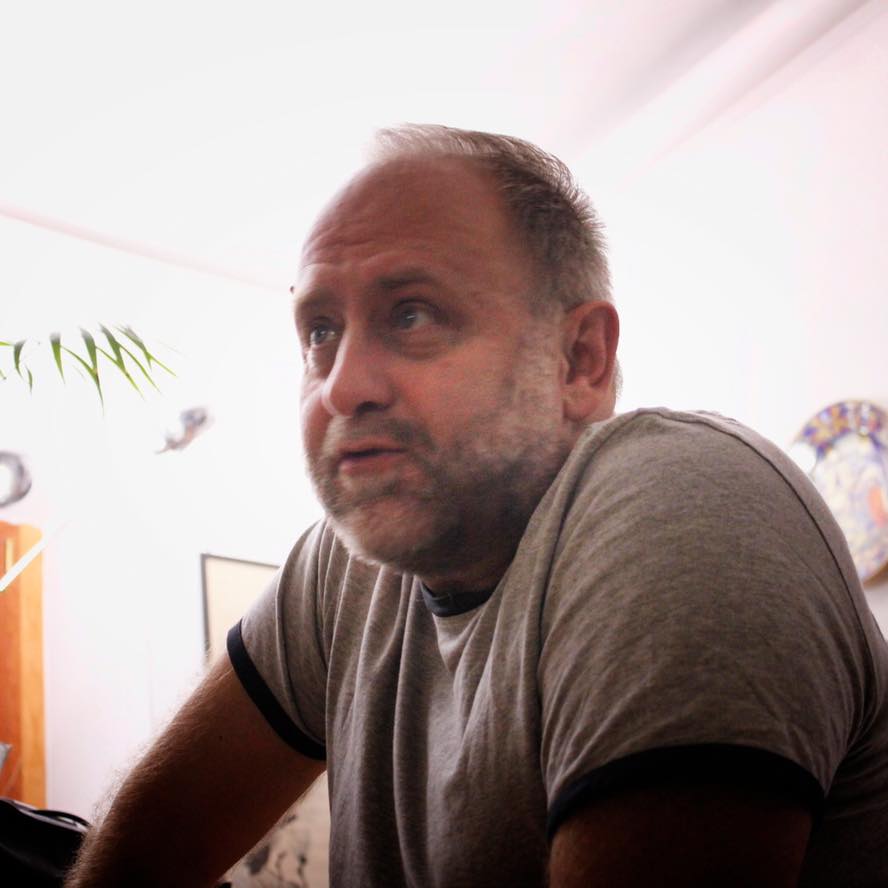
Massimiliano Ruzzeddu is a tenured researcher in sociology at the University Niccolò Cusano in Rome. His research interests cover a wide range, including social theory, epistemology, innovation studies, and globalization studies. His work delves into topics such as the use of Complexity Theories in sociological scholarship, cultural aspects of innovation, and changes in identity within the globalization process.
Some of his recent works include contributions to publications like “Women and Science: Models of Participation” in Advances in Gender and Cultural Research in Business and Economics (2019) and chapters like ‘The Complexity of Identity Building’ and ‘Hypothesis for a Sociology of Ignorance in the XXI century’ in Explaining Social Processes (2020). He has also explored the theme of ascribed identities in the global era with a complex approach in a publication titled “Ascribed Identities in the Global Era: A Complex Approach” in Contemporary Social Science (2021).
In addition to his research contributions, Massimiliano Ruzzeddu has been actively involved in teaching, conducting both academic and training-oriented courses for diverse audiences in terms of age and cultural backgrounds. He holds the position of co-editor in chief of the World Complexity Science Academy Journal and is a member of the managing board of both the World Complexity Science Academy (WCSA) and the Centre of European Research in Sustainable Innovation (CREIS).
Peter Oraya

Peter Oraya has extensive experience in Artificial Intelligence, Machine Learning, Storytelling, Big Data, Neural Networks, Blockchain, and Nanotechnology. As the Founder and CEO of Oxford Aptitude, he leads with a profound commitment to leveraging cutting-edge technologies to revolutionise various industries.
In the domain of AI and Machine Learning, Peter’s expertise extends to data-driven decision-making, where he favours the responsible and ethical use of technology.
An AI specialist, brought a wealth of knowledge to the discussion, particularly in the realm of artificial intelligence in education. With a focus on data-driven talent matching for personalised learning paths, Peter envisions the transformative role of AI. He highlights the importance of AI as a supportive tool rather than a replacement for traditional teaching methods. Peter delves into the potential of AI to guide students, encourage critical thinking, and revolutionise the education sector.


